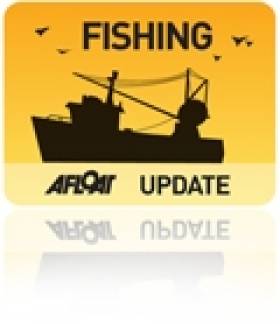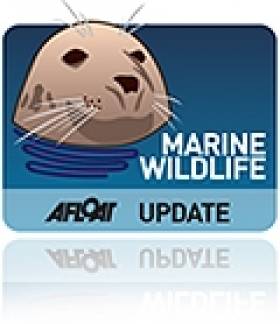Displaying items by tag: nondisturbance zones
Strong Debate Over Proposals for Fishing-Free Zones in Strangford Lough
#FISHING - Proposals to close substantial areas of Strangford Lough to fishing vessels have been met with strong criticism by Northern Ireland's commercial fishermen.
In a recent letter to the News Letter, Paul Leenan writes asking Fisheries Minister Michelle O'Neill to clarify the government's position following a complaint to the European Commission by the Ulster Wildlife Trust regarding the protection of horse mussel reefs in the lough.
While recognising the importance of the lough's marine ecosystem, Leenan writes: "The notion that substantial areas of the lough could be closed to fishing vessels is of serious concern to fishermen, at a time of great economic difficulty.
"Any hasty action could put livelihoods at risk and threaten the viability of the whole fishing industry here."
In response, the Ulster Wildlife Trust claims that "the management of certain aspects of the fauna and flora within the lough has caused... much concern over the past two decades."
Joe Furphy of the trust writes: "If we are to secure a truly sustainable future for the lough, its environment and diverse wildlife, upon which sustainable fisheries rely, then we need to ensure that adequate ‘non-disturbance zones’ are put in place."
Protection Needed for Horse Mussels in Strangford Lough
A new study from Queen's University Belfast has revealed the extent of damage to horse mussel reefs in Strangford Lough, the Bray People reports.
The report highlighted a lack of action on the part of the NI government departments responsible for the lough, which is designated as a Special Conservation Area and a Marine Nature Reserve.
According to BBC News, previous studies in the late 1990s showed that many of the mussels were dead, and urged regulatory action to protect the remainer that did not come to pass until earlier this year, when two non-disturbance zones were declared to reduce pot fishing in the reef areas.
On top of the continued ban on mobile fishing gear, the new study recommends "total protection" in areas of the lough where fishing activity is affecting the recovery of horse mussel reefs, and notes that "signs of natural recovery might be expected within 20 years... provided there is no further disturbance".






























































